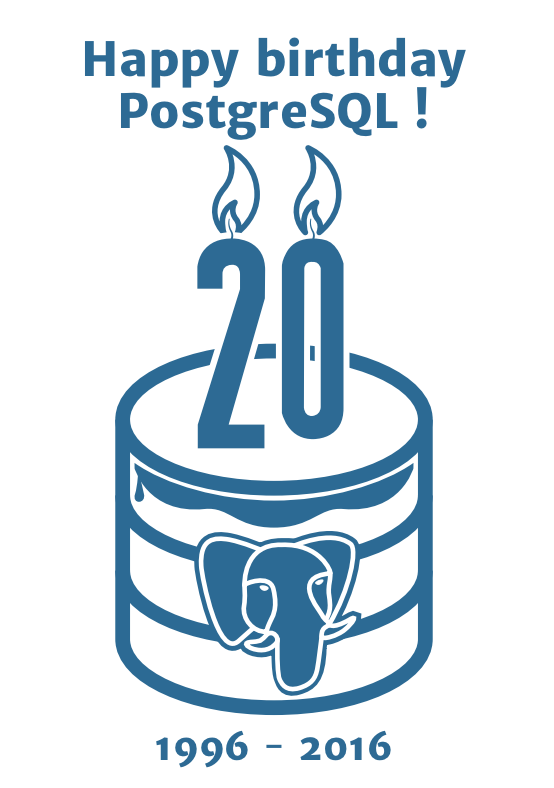
I’ve been kicking around the idea of founding a Columbus-based PostgreSQL User Group for a while now. I even went so far as to float the idea to people at OLF in ‘14. After much hemming and hawing (and no one else stepping up in the interim), I’ve finally gone and done it.
read more

You’re probably already running pgBadger to monitor your PostgreSQL logs. However, you’re probably not running it incrementally throughout the day. Most likely, you’ve setup a cron.daily job that runs pgBadger against yesterday’s log(s). And that’s great. Except when you get the dreaded “what just happened on the db?” email. Are you going to wait until tonight’s normal run of pgBadger to see what happened? Are you going to run a ‘one off’ pgBadger against today’s logfile and wait for it to process the entire log? Or are you going to copy the log off somewhere, edit it to cut it down, and then run pgBadger against this cut-down version (hoping you left enough in the log to see proper trending)?
read more
Someone at work thought it would be a good idea to give me access to the corporate blog so that I might post PostgreSQL-related things there and have them syndicated to Planet PostgreSQL. So my PostgreSQL ramblings will show up there now instead of here. This should be fun!
read more
From the PostgreSQL docs:
Tablespaces in PostgreSQL allow database administrators to define locations in the file system where the files representing database objects can be stored. Once created, a tablespace can be referred to by name when creating database objects.
read more

Just a quick shout out to PostgreSQL, the world’s most advanced open source database, as it celebrates it’s 20th year in existence. Happy birthday, y’all!
read more


